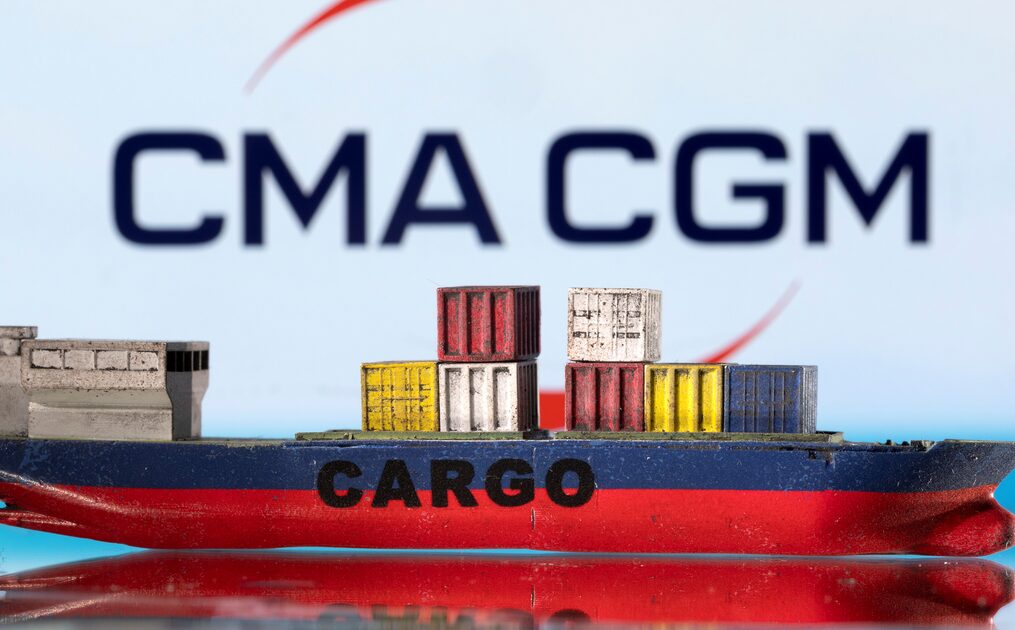European shipping lines are paying less than 2% tax on billion-dollar profits
Three European shipping lines are paying virtually no taxes on their record-breaking pandemic profits. Thanks to special “tonnage tax” systems, which tax shipping lines based on the size of their fleets and not their profits, Maersk, CMA CGM, and Hapag-Lloyd paid less than $330 million in taxes on a combined $21 billion in pre-tax profits in the most recent quarter—an effective rate of 1.6%.
More than 20 EU countries—including Denmark, France, and Germany, which are home to Maersk, CMA CGM, and Hapag-Lloyd respectively—have adopted tonnage tax schemes for shipping lines as a way to protect their local maritime industries. The world’s largest shipping line, Mediterranean Shipping Company (MSC), is based in Switzerland, which is considering adopting tonnage tax as well. MSC, a private company, doesn’t report its financial results, so its effective tax rate is harder to gauge.
Tonnage tax systems lock in low rates for shipping lines
Tonnage tax schemes are an indirect way governments can subsidize local shipping lines by lowering their tax burden—and discourage shipping lines from registering their vessels to other low-tax countries under so-called “flags of convenience.” Greece was the first country to institute tonnage taxes during its 1970s economic crisis. Since 1990, 21 other European countries have followed suit.
Although shipping lines generally get the better end of tonnage tax deals (pdf), governments can also benefit: In lean years, when shipping lines report low profits or even losses, the companies still have to pay hundreds of millions of dollars in taxes based on the size of their fleets. But in years when shipping lines make huge profits, tonnage tax schemes can leave billions of dollars worth of potential tax revenue on the table.
For the past decade, shipping lines have struggled to turn a profit. As a result, tonnage tax systems were often a good deal for governments. Maersk, for instance, paid an effective tax rate of 876% in 2017, after recording a paltry $25 million annual profit and coughing up $219 million in tonnage taxes. The following year, Maersk had to pay $398 million in taxes even though it lost $357 million.
But after the pandemic scrambled global supply chains and sent freight prices soaring, tonnage tax revenues couldn’t keep up with shipping lines’ massive profits.
Since the start of the pandemic in late 2019, Maersk’s effective tax rate has dropped from 147% to 1.9%.
Governments propose windfall taxes to claw back shipping profits
Lawmakers in France and the UK have called for one-time windfall taxes to recoup part of the profits that shipping lines made last year, to the tune of more than $110 billion. But so far, neither country has imposed such taxes or altered its tonnage tax system. Instead, CMA CGM voluntarily lowered shipping rates between Asia and its native France to placate legislators.
Meanwhile, Israel-based Zim, the world’s 10th biggest shipping line, is lobbying the Israeli Knesset to adopt a tonnage tax system to reduce its tax burden.

